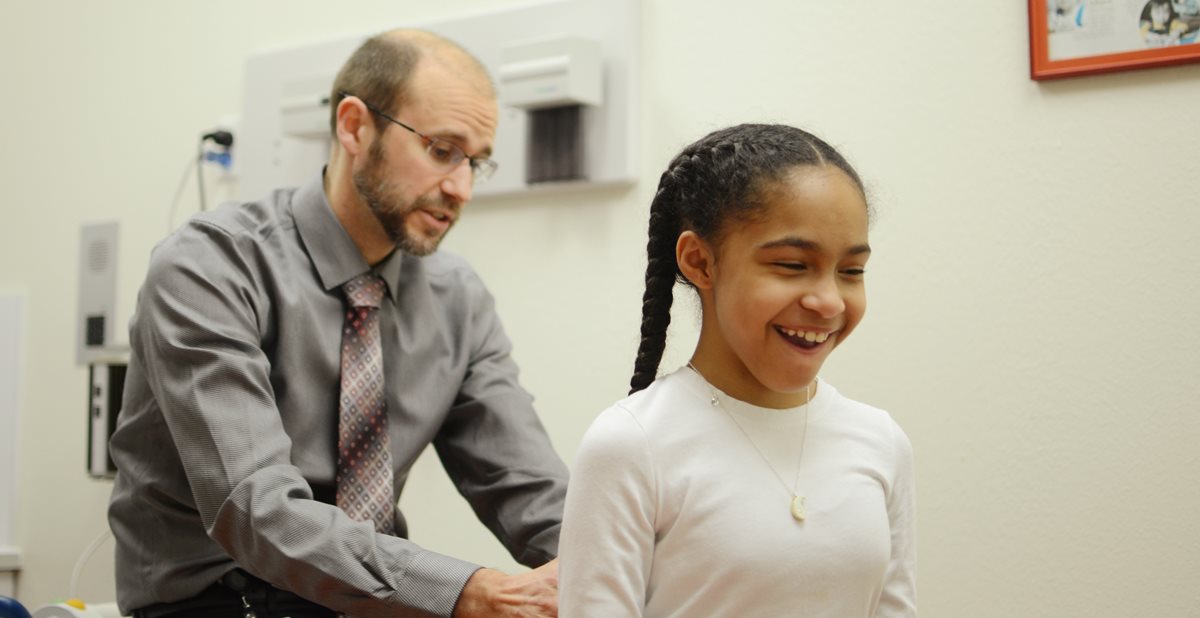Lisa, mom of Allison, shares what it was like for her daughter Allison to be treated at Scottish for Children for scoliosis: What brought you guys to Scottish Rite?Allison was 8 years old when we went to her pediatrician for back pain she had recently been...



